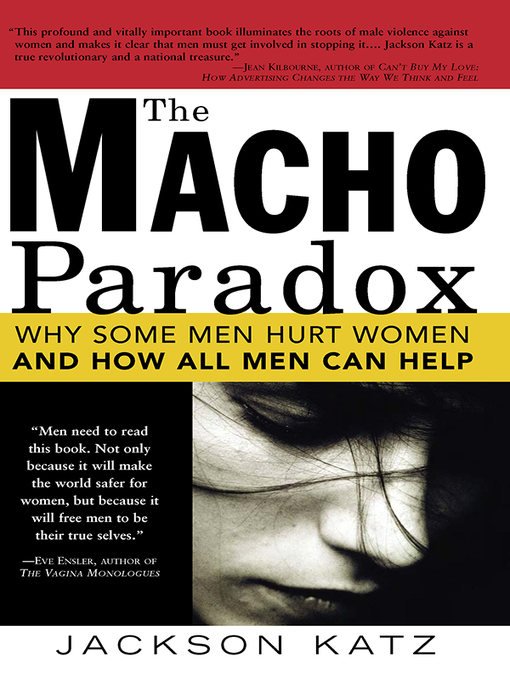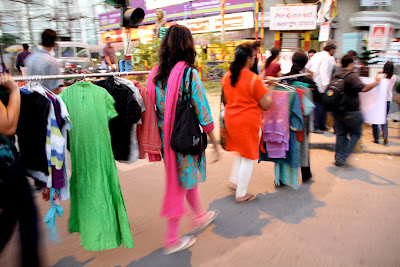During the 16 Days of Activism Against Gender Violence (Nov. 25 – Dec. 10), Stop Street Harassment is featuring activists who took action against street harassment this year, one new country per day.
India is one of the countries that has seen the most activism on this issue, including by government officials and the police. Here are some of the highlights from the year.
Activists/Organizations:
* More than 200 people participated in a rally to protest street sexual violence in Delhi in the spring. In Kannur, a district in Kerala, thousands of people participated in a similar protest.
* Breakthrough, an organization based in Delhi, created a street harassment bystander poster campaign in the spring. In the fall, they created an anti-harassment campaign for Diwali.
* College students in Mumbai launched a campaign called Chal Hatt Tharki.
* Women in Mumbai created a video about street harassment.
* Blank Noise curated a series of stories about people’s first recollection of experiencing street harassment called Recall.
* In early 2012, male ally Dhruv Arora launched the website GotStared.At where people can post photos of the clothes they were wearing when harassed along with their story. What really went viral though were graphics like the one on the right, which, once posted on Facebook, were shared widely. In the fall, GotStared.At won the prestigious UN World Summit Youth Award in the category Power 2 Women!
Government:
* In Guwahti, the police force introduced a sword-carrying special division comprised of 100 women specifically to tackle street harassment.
* In Uttar Pradesh’s Meerut town, the police started posting photos of street harassers as a way to shame them and deter future harassment incidents.
* Officials in Madhya Pradesh decided to revoke the driver’s licenses of street harassers.
* Most impressive of all, last month India’s Supreme Court acknowledged that sexual harassment is a rampant problem, especially on the streets and on public transportation, and one that negatively impacts the lives of the harassed persons. So the Supreme Court issued a country-wide standard for addressing the problem.




 Books:
Books:

